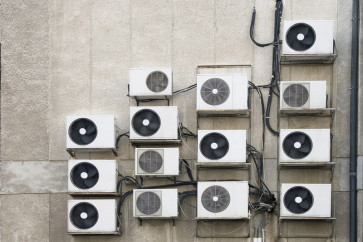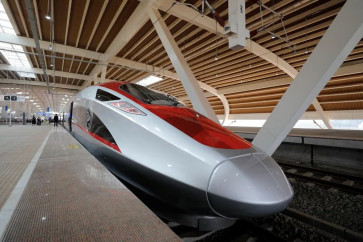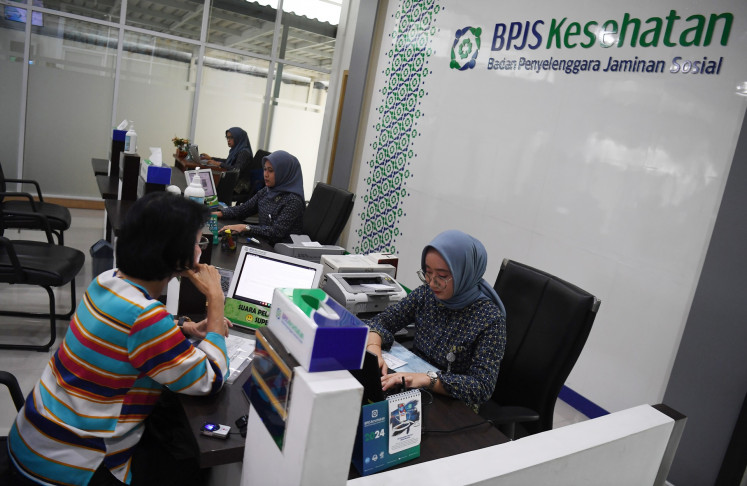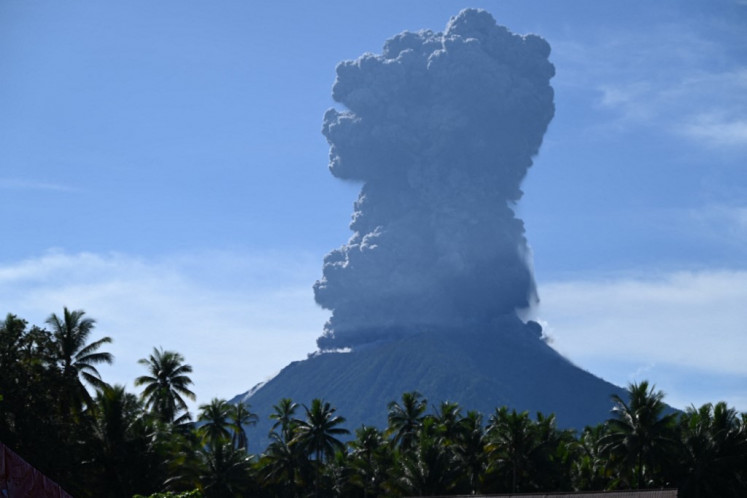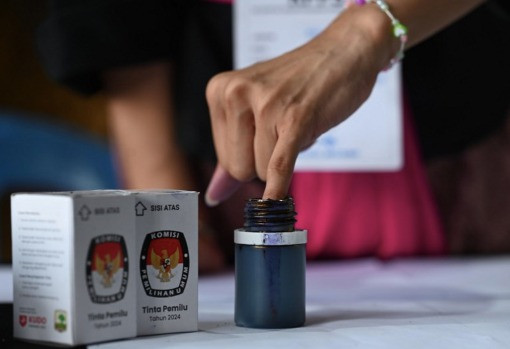KPPU accuses big banks of price fixing
The government’s anti-monopoly watchdog has accused Indonesia’s big banks of price fixing practices that have contributed to the persistently high lending rates charged to borrowers
Change Size

T
he government’s anti-monopoly watchdog has accused Indonesia’s big banks of price fixing practices that have contributed to the persistently high lending rates charged to borrowers.
Chairman of the Business Competition Supervisory Commission (KPPU), Nawir Messi, said in Jakarta on Wednesday that the oligopoly of the country’s largest banks had enabled them to control lending rates.
“There is a strong indication of a cartel in our banking industry, which may be caused by the negligence of Bank Indonesia [BI] in regulating the banks, ” Nawir told a press conference after a public hearing on lending rates, which was also attended by bankers, economists and industry representatives.
The KPPU’s findings were based on the fact that Indonesia’s big banks have for many years enjoyed both high profitability and high inefficiency at the same time, as indicated by their high net interest margins (NIM) and cost-to-income ratios, he explained.
NIM, the difference between lending rates charged to borrowers and interest rates paid to depositors, in Indonesia’s banking industry stood at 5.53 percent as of January this year, according to data released by BI this week. This means that Indonesia’s banking industry is almost twice as profitable as its peers in Southeast Asia and China and India, whose NIM are between 2 and 3.5 percent.
Meanwhile, Indonesia’s cost-to-income ratio stood at 79.63 percent as of January, versus 40 to 60 percent in other banking sectors in Southeast Asia, indicating inefficiency in the operations of local banks, as Indonesian banks incur higher costs to generate income.
KPPU commissioner Muhammad Syarkawi Rauf said that local banks could not justify their high lending rates or high cost-to-income ratio. “Our banks frequently argue that their cost-to-income ratios are high because they have to expand every year — but this is done by banks overseas as well.”
“Besides, I see that foreign banks operating here also charge high interest rates just like local banks, even though they have similar cost structures [to their overseas parents]. Therefore, there is an indication of collusive practices here,” he said.
Syarkawi explained that Indonesia’s business climate did not provide a competitive environment for banks, mainly due to the lack of development of Indonesia’s financial sector, which caused local businesses to turn to banks as their only option for funding.
“Based on our findings, we will step up our investigation to a legal case,” he said, adding that, if proven guilty, the banks could be fined or face sanctions from the nation’s banking regulator.
The central bank’s benchmark rate currently stands at a historic low of 5.75 percent, but data by BI shows that average interest rates for working capital, investment and consumer credit currently stand at 11.5 percent, 11.3 percent and 13.4 percent, respectively.
The allegations of oligopoly stem from the dominance of Indonesia’s big banks in the sector. The 10 largest banks in the country, comprising four state banks and six private banks, are estimated to control 60 percent of the total assets in the country’s banking industry.
Representatives from top banks attending the hearing denied the existence of an oligopoly, claiming that there was intense competition among themselves to channel credit and attract depositors.
“I think the high lending rates are mainly caused by inflation. For example, if we could get inflation down to 2 percent, then our cost of funds would decline and, consequently, we would be able to provide lending at cheaper rates,” said Jahja Setiaatmadja, the president director of Bank Central Asia (BCA), the country’s largest private bank.

